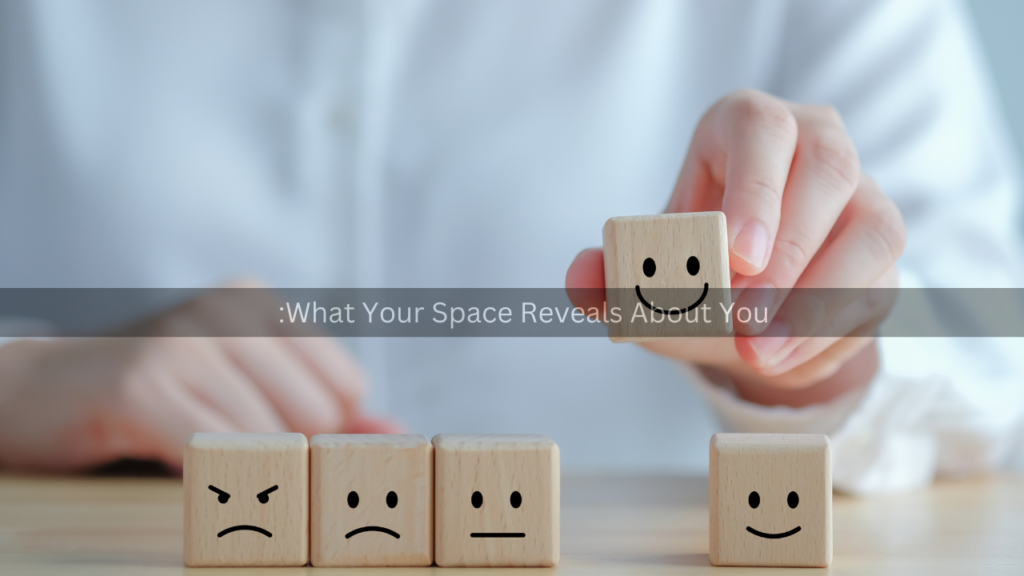
Our homes are more than just shelters; they are extensions of ourselves. The way we organize and maintain our living spaces can offer significant insights into our mental and emotional states. From neatly arranged spaces to chaotic clutter, the condition of our homes can reveal a lot about what’s happening inside our minds.
The Psychology of Clutter
Clutter can be more than just a minor inconvenience; it can significantly impact mental health. Psychologists suggest that a disorganized environment can increase stress and anxiety. When our surroundings are cluttered, it can be overwhelming and distracting, making it harder to focus and relax. This is often referred to as the “clutter effect.” The visual noise of a chaotic space can make it difficult to think clearly and can exacerbate feelings of being overwhelmed.
Studies have shown that people with disorganized homes are more likely to experience higher levels of stress and lower levels of psychological well-being. Clutter can create a sense of chaos, which can be mirrored in one’s emotional state. In contrast, a clean and orderly home can foster a sense of calm and control, which positively impacts mental health.
The Role of Organization
Organization and decluttering can have a profound impact on mental clarity and emotional well-being. When a space is well-organized, it can enhance feelings of control and reduce anxiety. Having a designated place for everything and an orderly environment can lead to increased productivity and a more peaceful mindset.
Organizing your home often involves creating systems and routines, which can bring a sense of structure to your life. This structured environment can translate into a structured mental state, helping to manage stress and improve focus. Furthermore, the act of decluttering can be therapeutic, offering a sense of accomplishment and a fresh start.
The Influence of Personal Space
The way we personalize our spaces also reflects our inner world. Personalization can be an expression of identity and emotional needs. For example, a home filled with meaningful artwork, family photos, and cherished objects can contribute to a positive emotional environment. Conversely, a lack of personal touches or a space that feels impersonal may reflect feelings of isolation or disconnection.
The condition of personal spaces, such as a bedroom or study area, can also indicate mental health status. A well-maintained bedroom can suggest a healthy approach to rest and relaxation, while a neglected space may signal issues with self-care or emotional distress.
Practical Steps to Improve Your Space
If you find that your home environment is contributing to stress or anxiety, there are several practical steps you can take to improve it. Start by decluttering your space, focusing on one area at a time. Organize belongings and create a system that works for you. Simple changes, like keeping surfaces clear and establishing a regular cleaning routine, can make a significant difference.
Additionally, consider incorporating elements that bring you joy and tranquility, such as plants, calming colors, or personal mementos. Creating a space that reflects your personal taste and offers comfort can enhance your overall well-being.
Conclusion
The connection between home organization and mental health is significant. Our living spaces can reflect our mental state, and the condition of our homes can impact how we feel and function daily. By understanding and improving our home environments, we can create a positive space that supports mental clarity and emotional health. Taking steps to organize and personalize your home can lead to a more peaceful and balanced life, demonstrating how the state of our homes can indeed reveal a lot about our inner selves.